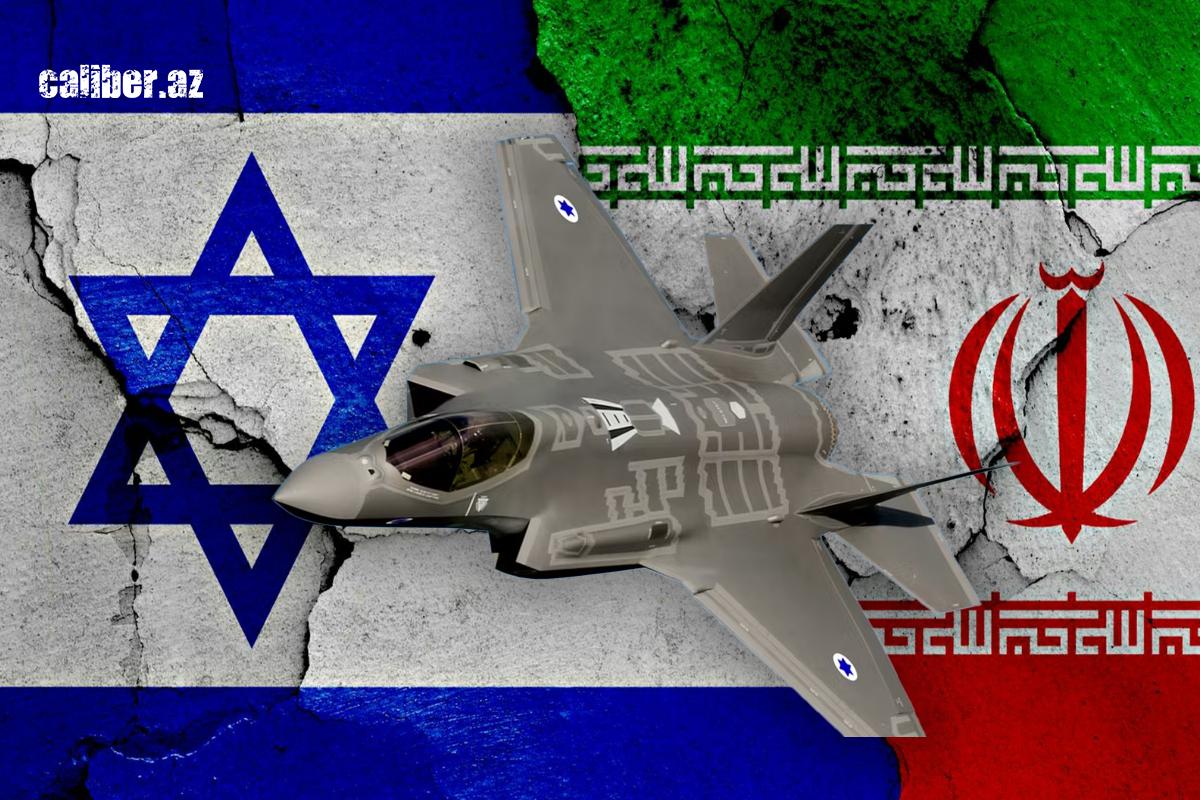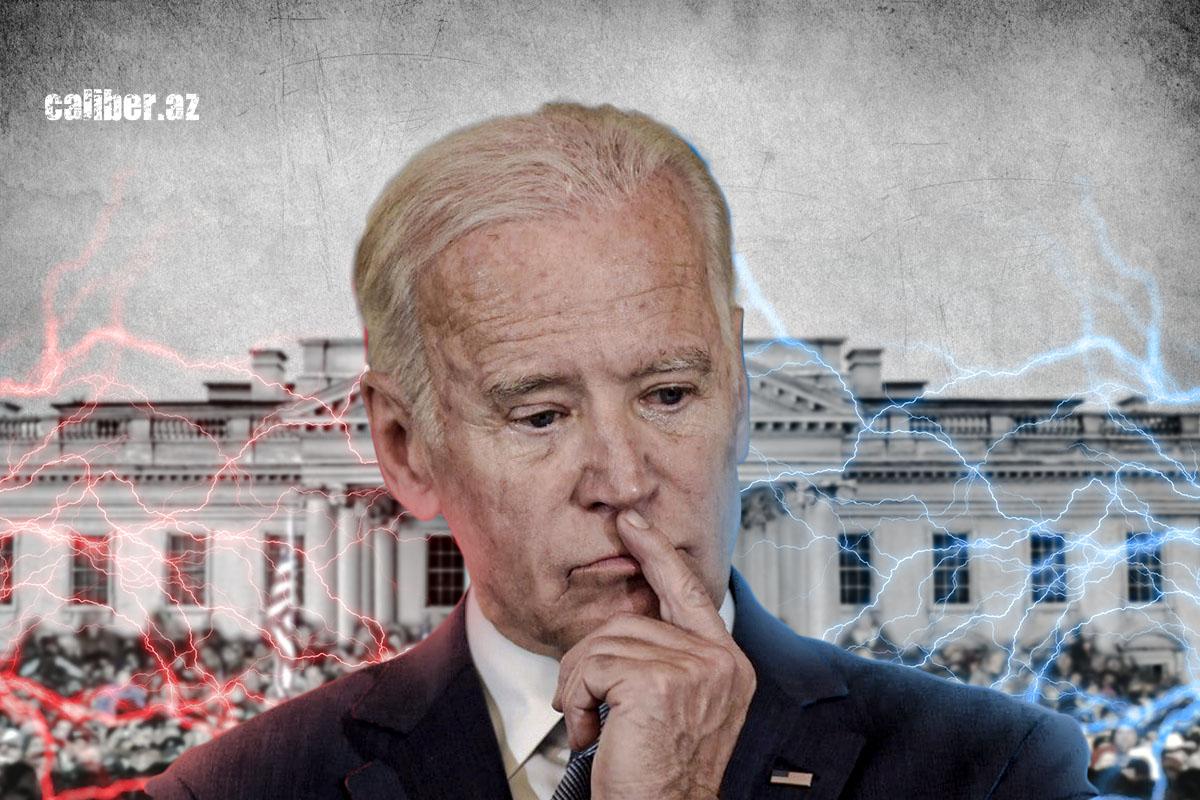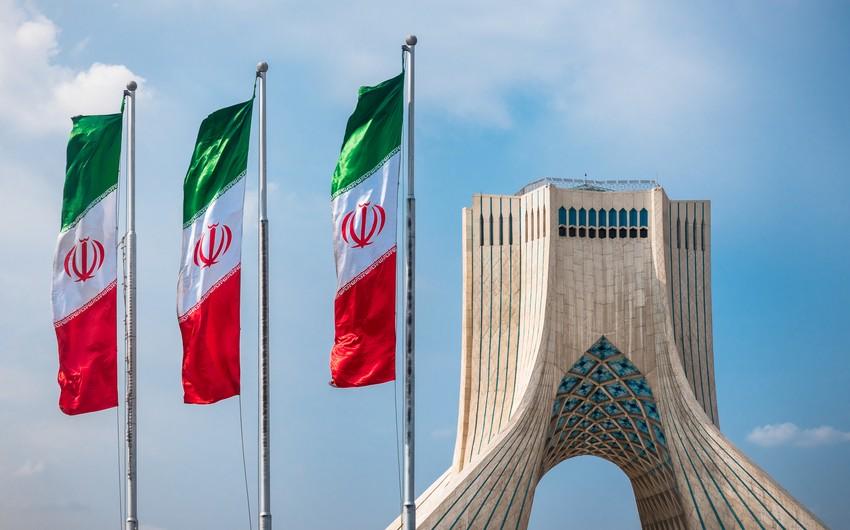A match lit in the Middle East: How Iran-Israel tensions threaten wider war? Expert analyses
"An Iranian attack on Israel is almost inevitable. An attack could be carried out by Tehran or its proxies in the region." In such terms, the US and its allies are predicting a possible Iranian missile or drone strike on Israel. This information was circulated April 10 evening by Bloomberg, citing sources familiar with the intelligence report. The report said the attack could take place in the coming days and would be carried out by Iran or its proxies. According to the report, drawing on Israeli and US intelligence, officials discussed the possibility that the attack could use precision missiles targeting Israeli military and government sites.
Earlier, Iran vowed to avenge the killing of Brigadier General Mohammad Reza Zahedi, a key figure in the Quds Force, an elite unit of the IRGC (Islamic Revolutionary Guard Corps). He and six other high-ranking IRGC officers were killed inside the Iranian consulate in Damascus in early April in an Israeli air force attack.

After the Israeli attack, Iran is in a difficult position. If it strikes Israel, it will give Benjamin Netanyahu's government a free hand to strike Iran. And if it does not, it will indicate its weakness and create an opportunity for Israel to launch more massive and destructive strikes - if not against Iran itself, then against its (and its allies') facilities in Syria, dangerously moving red lines.
The peculiarity of the situation is that the US is restraining Israel's military activity because of the elections to be held in America in November. Before the elections, Washington is afraid of a major Middle East war in which it could be drawn - a war whose outcome is unpredictable. In addition, such a war could inflate oil prices and push the US economy into recession, which could also affect the election outcome by turning voters against Biden. Finally, there are forces within the electorate of the ruling Democratic Party of the United States that condemn Israel and its campaign in Gaza, and the expansion of the war may further activate them; in this case, according to experts' forecasts, Biden may lose 1-2 per cent of votes.

But if Iran strikes Israel now, the US is unlikely to be able to stop Netanyahu. After all, he is Washington's ally. If Israel were to suffer a sensitive Iranian attack, Biden is unlikely to be able to prevent Israeli strikes on Iran.
For his part, Netanyahu is even interested in an Iranian strike, since it could unleash his hands. For there are several other reasons why such a strike could be a gift for the prime minister.
First, Israel has long harboured a grudge against Iran's nuclear and missile programmes. Iran probably already has or will soon have the necessary stuffing for nuclear warheads. The task of integrating a nuclear device into missile systems takes six months to two years, according to expert estimates. For the Government of Israel, as it has repeatedly reported, Iranian nuclear weapons are a red line. Moreover, there is consensus on this issue in Israel among all the leading political forces.
Secondly, under US pressure, the Israel Defence Forces have been forced to withdraw most of their formations from the Gaza Strip. The assault on the last Hamas stronghold, the city of Rafah, where, along with the group's allegedly six combat-ready brigades, there are about 1.5 million Palestinian refugees from the rest of the devastated Strip, has been postponed. For Benjamin Netanyahu, this is extremely bad news. In Washington, they fear a huge loss of life in the assault on Rafah. But for Netanyahu, abandoning the assault could be the end of his political career. After the monumental failure of Hamas' breakthrough into Israel on October 7 and the military and civilian casualties suffered then, he vowed to destroy Hamas. After six months of war, Hamas is still operating in Gaza, and Netanyahu's approval rating has plummeted. At the same time, his coalition partners, the ultra-nationalists, are threatening him with the collapse of his government if he reneges on his promise to wipe out Hamas.
Therefore, for Netanyahu, a war with Iran would probably be the ideal solution. It would allow him (unless, of course, Israel itself suffers fatal losses) to preserve the government (voters and elites will not forgive the ultra-nationalists for collapsing the government during a war with Iran), attempt to destroy Iran's missile and nuclear industries, and to some extent restore his credibility within his own country.
The Israeli Air Force has tremendous capabilities and is one of the most powerful in the world. Few people want to experience their power. And, besides, they can choose different targets for strikes. For example, they can try to destroy the leadership of Iran.

But for Tehran, a major war is not favourable now. Iran is interested in completing its nuclear preparations or, even if it does not set itself such a goal, in keeping its missile and nuclear capabilities one step away from the creation of nuclear weapons. Some experts believe that it is most profitable for Iran to keep quiet today and then, when the opportunity arises, announce the creation of nuclear weapons and claim that the very fact of producing nuclear weapons is a response to Israeli attacks. By the way, missiles with nuclear warheads will not give Iran a hundred per cent guarantee of inviolability, but it is still a serious instrument of deterrence against adversaries, as the example of North Korea shows.
It is also disadvantageous for Iran to use Lebanon's Hezbollah, the powerful group that controls Lebanon, to strike deep into Israeli territory. "Hezbollah has a huge missile capability, but it is Tehran's trump card, its counter-argument in case of an Israeli attack on Iranian nuclear facilities. If Hezbollah were to strike Tel Aviv or Jerusalem today, Israel would launch an invasion of Lebanon and seek to inflict heavy damage on the enemy. In this case, Iran could lose its main trump card - insurance against an Israeli strike on its missile and nuclear industries - by trading Hezbollah for General Zahedi (there are currently skirmishes between the IDF and Hezbollah, but they are mostly limited, affecting only border areas of both countries).
On the other hand, not striking Israel sensitively in the near future after it destroyed the Iranian consulate in Damascus and assassinated Iranian generals would look like weakness. Moreover, it would show Israel that it can destroy high value Iranian targets without fear of retaliation. In itself, this also unleashes Netanyahu's hands on Iran (though it is unclear to what extent). In addition, a refusal to retaliate militarily would be a blow to the Iranian regime's domestic prestige, even among its supporters, whose ranks are already thinning.
Tehran is thus faced with a difficult dilemma. Any solution looks dangerous for it. But Israel also has reason to be concerned.








